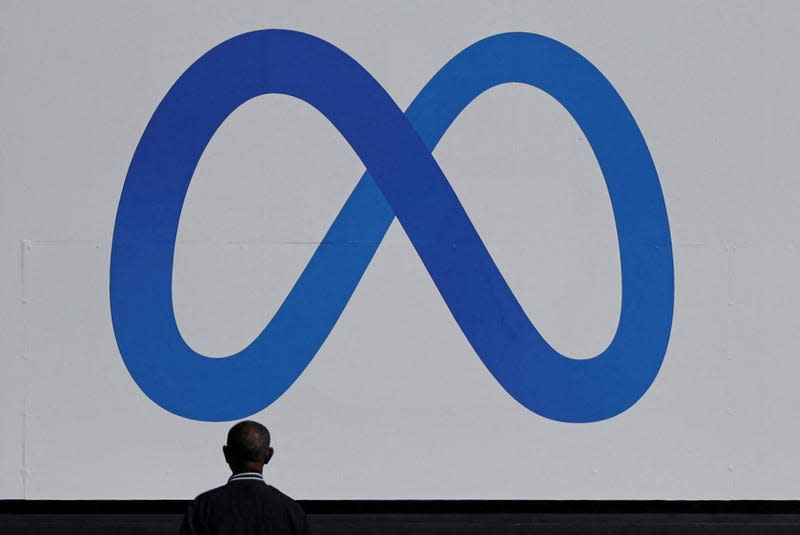More countries are asking Google and Meta to save the news—by paying for it

A proposed US law, drafted by Democratic senator Amy Klobuchar, Republican John Kennedy, and others, could force internet platforms to pay publishers for featuring news stories on social media feeds. The law is designed to funnel money to news firms, supporting a free press and, in Klobuchar’s words, “strengthening democracy.”
But Meta, Facebook’s parent company, disagrees with the method. Yesterday (Dec. 5), Meta threatened to pull all news from its social media platform if the law is implemented.
Read more
Meta resisted last year in Australia as well, when a similar law was enacted; in fact, the company did briefly remove news from Facebook in the country. But this week, Australia hailed the law as a success. Canada, the UK, and New Zealand are considering their own versions of this law.
In Australia, Meta resisted paying for the news
On Dec. 5, Andy Stone, communications director for Meta in the US, tweeted a statement on the Journalism Competition and Preservation Act, which would compel Meta, Google, and potentially other tech giants to strike deals with publishers, paying them for content. If Congress passes the act, the statement said, Meta “will be forced to consider removing news from our platform altogether”:
Meta statement on the Journalism Competition and Preservation Act: pic.twitter.com/kyFqKQw7xs
— Andy Stone (@andymstone) December 5, 2022
The problem, as Meta sees it, is that publishers willingly put content on Facebook in an effort to reach readers. Meta shouldn’t be forced to pay for content “users don’t want to see and that’s not a meaningful source of revenue,” the statement says.
Meta did not respond to a request for comment by the time of publication.
One problem with this stance is that, whether or not it makes Facebook money, people today mostly use the internet to find news, and much of what they consume is mediated by social media sites and search engines. News publishers have struggled to find viable revenue models in recent years, with reader subscriptions supporting only part of the work of some outlets, and advertising revenue often flowing to other sites—including social media sites—and subject to fluctuations that make planning difficult.
To some publishers, then, a law forcing big tech to pay for some of the news to be produced seems to make sense. And there are some precedents for it working.
Did Australia succeed in making Big Tech pay for news?
In a new Treasury report, Australia declared success in its fledgling effort to get big tech companies to pay for the news they display to users. News producers in Australia say that, thanks the News Media Bargaining Code, they’ve been able to hire scores of new journalists because of the funding.
Starting in March 2021, the report states, “[o]ver 30 commercial agreements between digital platforms (Google and Meta) and a cross‑section of Australian news businesses have been struck, agreements that were highly unlikely to have been made without the Code.”
The Treasury doesn’t have oversight of exactly how much money is changing hands, the report says. But it does provide some metrics on how the money being pumped into news from tech has made a difference.
The Australian Broadcasting Corporation (ABC) told the Treasury that it had appointed people to 57 regional positions, including 19 reporters, as a result of the Code funding. Guardian Australia said that it “underwent a significant expansion since the agreements were completed,” growing its newsroom by over 40 journalists. While not all these positions were paid for directly out of Code funds, the Guardian, which has one of the biggest global readerships of any newspaper, said the new funding contracts made it easier for managers to take necessary hiring decisions.
Throughout that process, the Australian Treasury report suggests, Meta was more resistant than Google, using arguments similar to that tweeted by Stone: That publishers willingly put news on Facebook. Meta had, at the time of the report’s publication, reached agreements with 13 publishers, compared to Google’s 23. In February 2021, Meta removed news from Facebook for a few days in protest at the incoming code, until the Australian government agreed to make amendments, including giving the companies more time to comply with it.
The US, with its Journalism Competition and Preservation Act, Canada, the UK, and New Zealand all have similar plans in the works, thought at different stages. New Zealand’s was only proposed last week, for example, while Canada’s is further along.
If all these laws pass, it may become normal to expect Google, Facebook, and potentially other tech companies to plug some of the funding gaps that have appeared since news moved online. But it also might mean that users will experience news blackouts, like the one threatened by Meta this week.
More from Quartz
Sign up for Quartz's Newsletter. For the latest news, Facebook, Twitter and Instagram.

